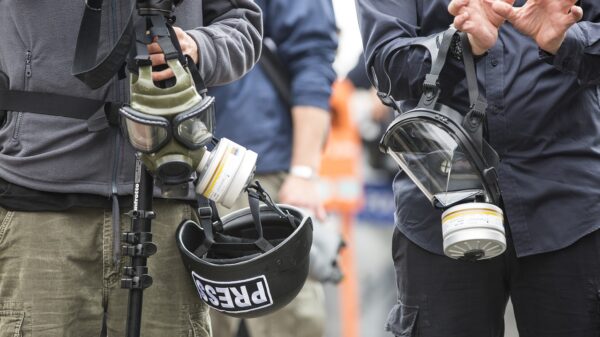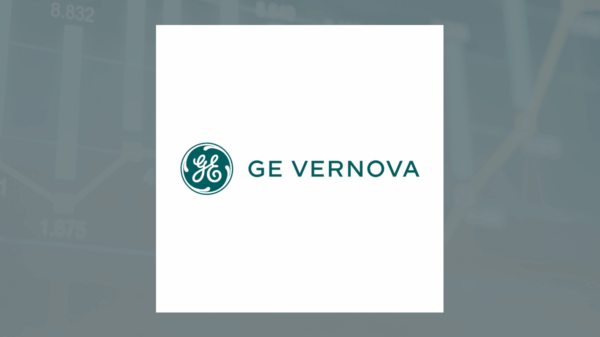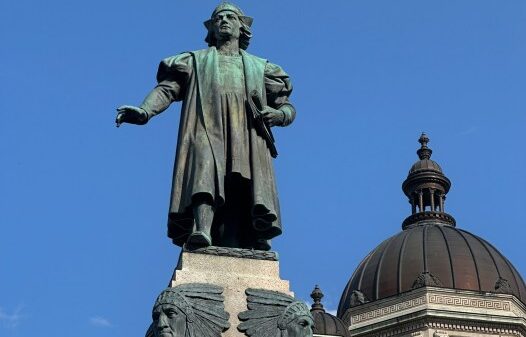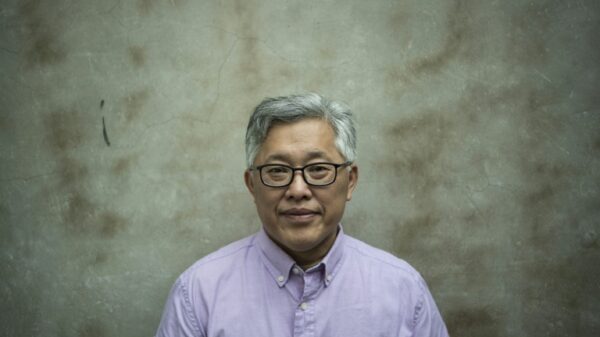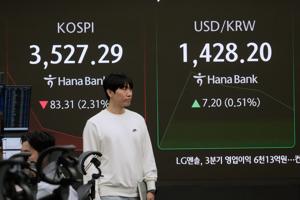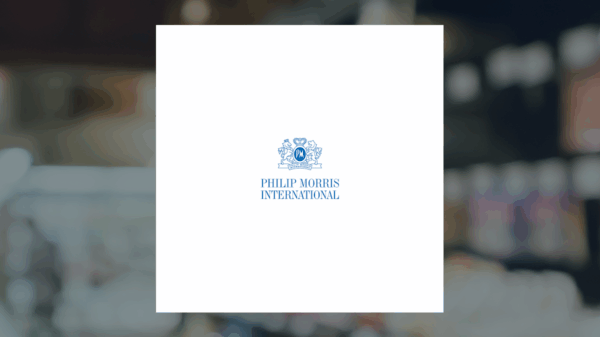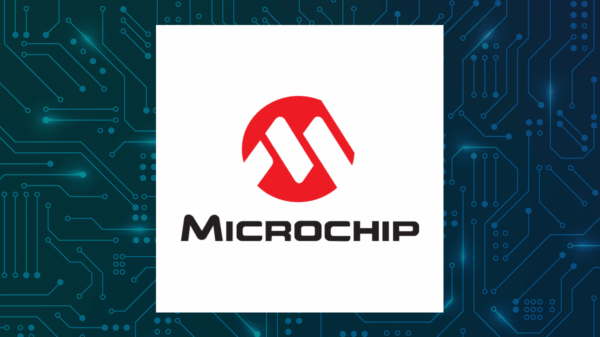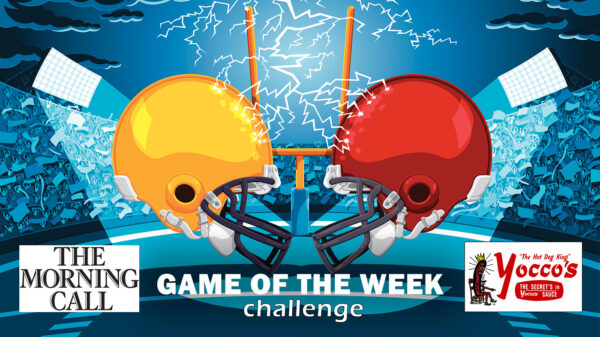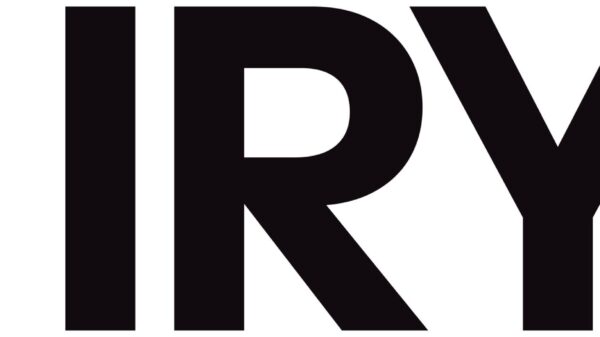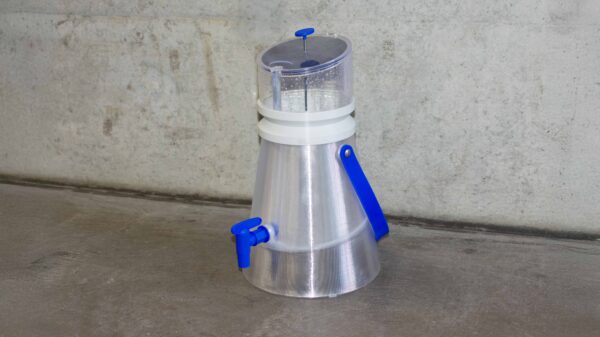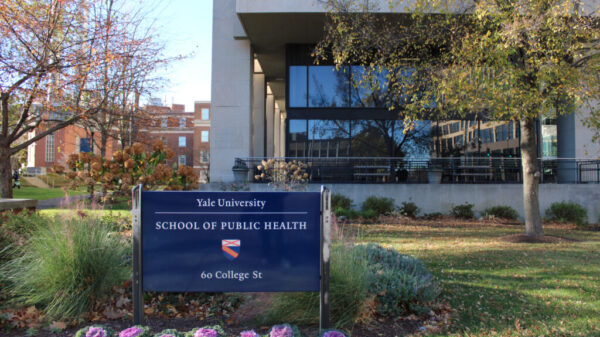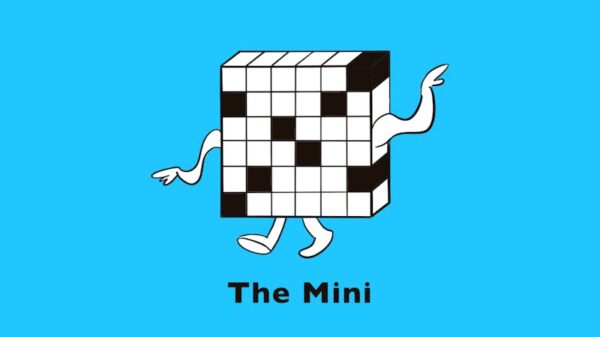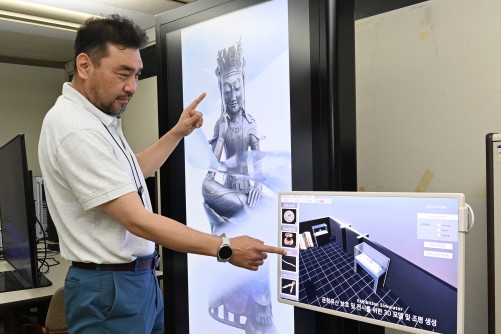Korean researchers are making significant strides in the application of artificial intelligence (AI) to cultural heritage, aiming to establish digital sovereignty in this field. The Electronics and Telecommunications Research Institute (ETRI) announced its ongoing efforts to standardize digital technologies related to cultural heritage, which began in 2020. Collaborating with institutions such as the National Museum of Korea, the Korea National University of Cultural Heritage, and Chung-Ang University, ETRI is focusing on enhancing the global reach of Korea’s digital ICT standard technologies.
Phased Approach to Digital Standardization
ETRI’s initiative is structured into three phases, with the second phase currently underway. The first phase, which lasted from 2020 to 2023, laid the groundwork for intelligent curation. It produced a curation platform designed to optimize the use of digital data within museums. Notable projects include a “spatial five senses” exhibition aimed at visitors with low vision, a 27-meter media wall at Incheon International Airport, and the creation of miniature versions of the Pensive Bodhisattva, which contributed to the “MU:DS craze.”
The ongoing second phase, running from 2023 to 2025, focuses on publishing digital standards guidelines and developing an intelligent cultural heritage sharing platform. A major milestone has been the release of the “Cultural Heritage Digital Asset Standard Guidelines 2024,” produced in partnership with the National Museum of Korea and the Technology Research Institute for Culture & Heritage. ETRI is also collaborating with the Telecommunications Technology Association (TTA) of Korea to standardize the quality of digital data creation for cultural heritage.
Global Expansion and Future Plans
The final phase, set to begin in 2026, will emphasize the diffusion of these standards throughout Europe. ETRI plans to apply its developed technologies to prominent European museums, creating augmented reality (AR) and virtual reality (VR) content that allows global audiences to engage with cultural heritage without geographical limitations. This includes a proposal for the EU Horizon project, which aims to align with international standards such as the International Image Interoperability Framework (IIIF) and the Europeana Data Model (EDM).
To enhance the usability of digital cultural heritage, ETRI is also focused on developing AI-powered technologies. Its multimodal content platform integrates image, text, and 3D data, facilitating automated metadata generation for AI training. Additional achievements include modeling cultural property databases, creating automatic digital transformation technologies for traditional heritage, and establishing standards for ultra-high-resolution digital assets.
These research outcomes are not limited to museums; they also extend to art galleries and libraries. ETRI is currently planning to transfer these technologies to libraries, broadening the impact of its innovations.
The public will have an opportunity to see the results of this extensive research at the “2025 Museum and Art Gallery Expo,” taking place from September 4 to September 7 at the Kim Dae-jung Convention Center in Gwangju. Choi Seung Ae, Senior Curator of the Digital Museum Division at the National Museum of Korea, expressed optimism about the project’s future, stating, “We will continue to lead the way in data standardization in the midst of digital transformation and take a step forward toward the future of K-Museum.”
Meanwhile, Lee Jae Ho, Principal Researcher of ETRI’s Content Convergence Research Section, emphasized the importance of governmental support, saying, “For the continued development of cultural and AI convergence technologies, strategic attention and support from the government and relevant authorities are required.” This initiative is part of the Ministry of Culture, Sports and Tourism’s project titled “Development of Intelligent Heritage Platform for Leading of Standardization on Digital Cultural Heritage.”










